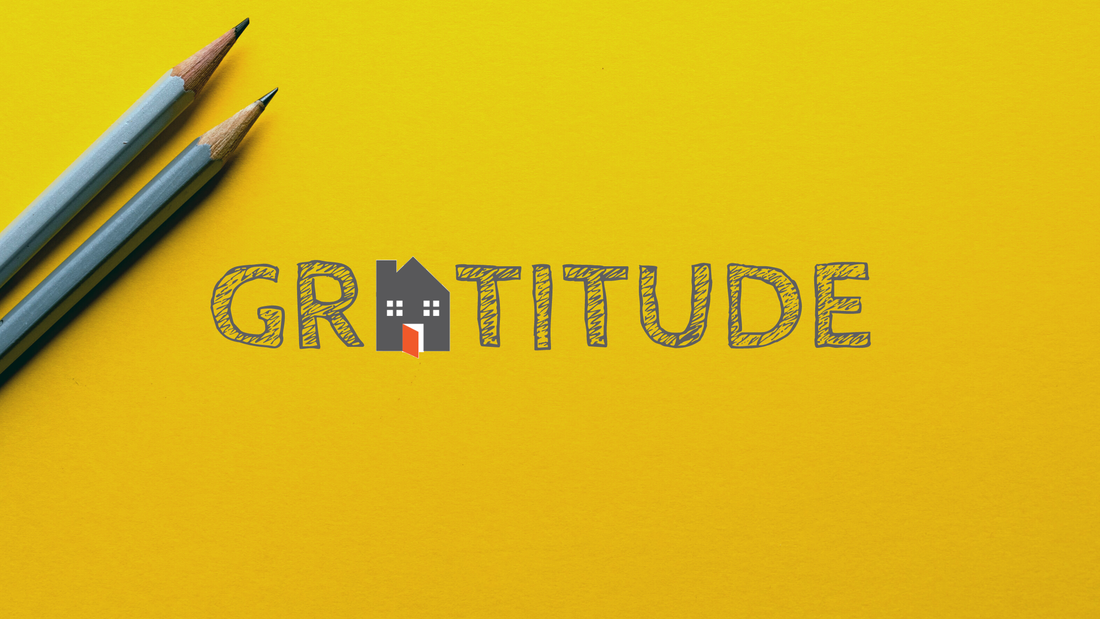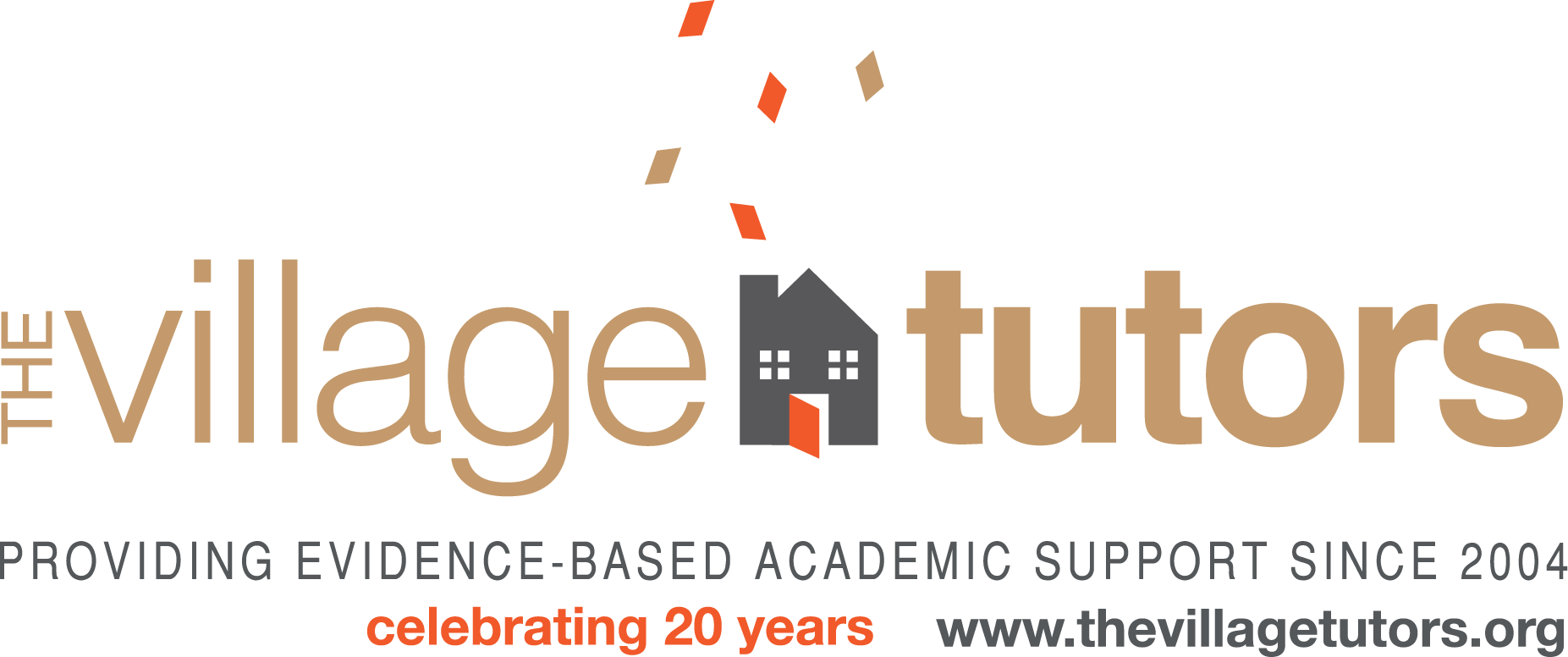Can gratitude lead to higher grades + satisfaction among students?The development of strong social-emotional skills allows us to thrive in all aspects of life. For our children, this is an especially important toolset they can use in educational settings.
Learning social and emotional skills helps students self-regulate their emotions, manage stress, set and achieve goals, build confidence, and encourages collaboration and cooperation with others. All of these are important cornerstones of a productive learning experience. One form of social and emotional development we’ve seen contribute to students’ success: gratitude. Studies have shown that grateful students experience more positive emotions and have higher GPAs. And, according to ASCD, “gratitude among middle school students can foster an increased sense of hope and trust in others and fuel a desire to give back to their community.” Giacomo Bono is a professor at California State University-Fullerton and is a large contributor to this research. Bono and his research colleagues believe that the benefits of gratitude can be seen throughout the K-12 education. It’s a skill that can be taught when a child is developmentally ready, which experts hypothesize can be in children as young as six. A simple way to expose our children to the concept of gratitude early on, is to model this emotional-social skill. As our children develop emotionally, especially near the middle-school years, experts encourage teachers to incorporate practice of this discipline into the curriculum and educational routine. An excerpt from ASCD’s November 2013 article “Tapping into the Power of Gratitude” by Sarah McKibben: Cultivating Gratitude in Academic Life ✔ Think intentions, costs, and benefits. Researcher Giacomo Bono suggests that when students express gratitude, educators should encourage them to notice intentions (the thought behind the gift that they received), appreciate costs (someone went out of her way or made sacrifices to help them), and recognize the benefits (someone provided them with a gift or a kind act that has personal value). ✔ Use a gratitude journal. This may be one of the simplest ways to increase gratitude. In a 2008 study by Bono and Jeffrey Froh, middle school students who regularly wrote about what they were thankful for reported greater optimism and a more positive outlook on their school experience. ✔ Lead gratitude activities. Have students write a thank-you letter to someone in their lives, participate in gratitude circles, or contribute to a gratitude wall or bulletin board. ✔ Pair students to increase cooperation. Gratitude can emerge organically in mixed-ability grouping that allows students to complement one another's strengths. ✔ Use question prompts. For example, when students come into school on Monday mornings, ask them what their favorite part of the weekend was, says Bono. Then, follow up with, Did someone help make that happen? Or, if they faced a particular challenge, ask, Did someone help you overcome it? Bono explains, "It's easy in the day-to-day conversations that you have with a child to talk about the people who were responsible [for a positive event]." ✔ Encourage service learning. Service learning gives students an opportunity to experience and reflect on the struggles of others. Each discipline poses opportunities for service learning around a social justice question or authentic community need. ✔ Model it! The key to cultivating gratitude in your classroom is to make it part of your own routine. By modeling gratitude, you encourage students to do the same, and, according to the Greater Good Science Center, teachers who practice gratitude "feel more satisfied and accomplished, and less emotionally exhausted, possibly reducing teacher burnout." --- From everyone at The Village Tutors, we want you to know how grateful we are for every family that works with us, for every personal referral we receive, and for every teacher, tutor, and now parents who devote their time to education. --- Related Resources:
Related Research:
Comments are closed.
|
Archives
June 2024
|
Website by RyTech, LLC


